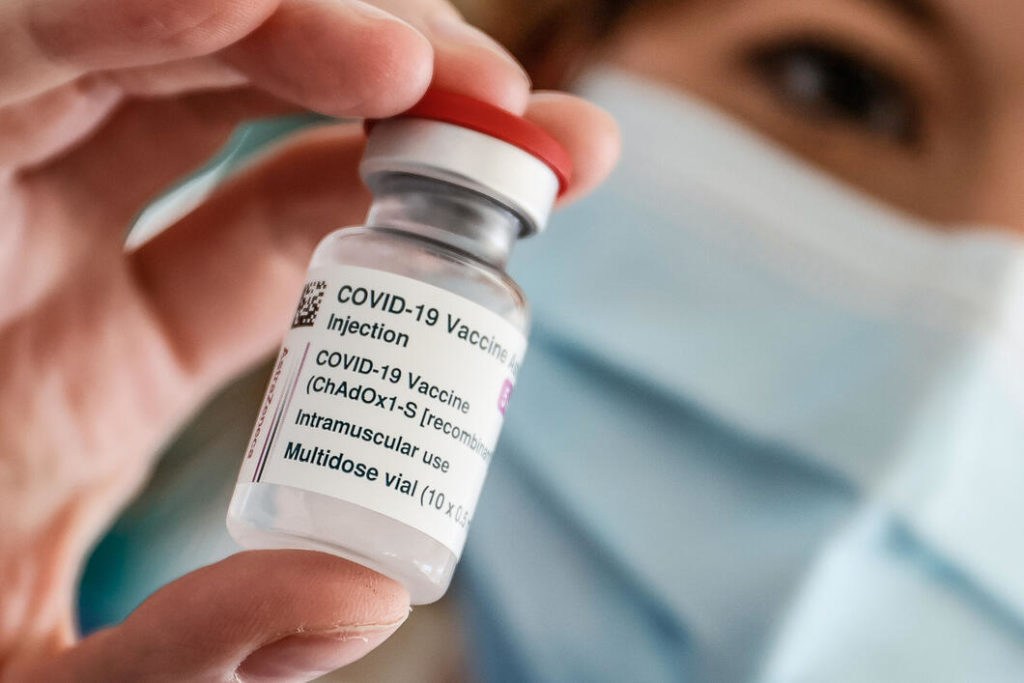Pharmaceutical company AstraZeneca has started testing a modified version of its coronavirus vaccine, which should also protect people against "variants of concern."
A total of 2,250 people, including ones already vaccinated against the virus and others who have not yet received it, in the United Kingdom, South Africa, Brazil and Poland will take part in the test.
“It is important we continue to stay ahead of genetically distinct variants of the coronavirus," said Executive Vice President of the company, Mene Pangalos, in a statement.
The new vaccine is adapted from the Beta coronavirus variant (which first appeared in South Africa), which had a slightly different version of the 'spike' protein that the virus uses to invade human cells. Many other variants have similar mutations, according to the company.
Related News
- Belgium's entry ban for travellers from 24 countries comes into force today
- Mixing AstraZeneca and Pfizer vaccine leads to better immune response, research shows
- Brussels stops giving AstraZeneca vaccine to new people
The adapted vaccine "should help broaden individuals immune response against emerging variants of concern," Pangalos said, adding that this trial phase means the company "can be prepared should a variant vaccine be required in the future."
During the trial, people who have already received two doses of AstraZeneca's first coronavirus vaccine, or a Pfizer or Moderna vaccine, are given a new injection. However, this can only happen at least three months after the second dose.
People who have not yet been vaccinated at all will receive two doses of AstraZeneca's new vaccine, four to twelve weeks apart. Those who already received a first AstraZeneca shot prior to the trial, will get the second dose with the modified vaccine version.
"Testing booster doses of existing vaccines and new variant vaccines is important to ensure we are best prepared to stay ahead of the coronavirus pandemic, should their use be needed," said Andrew J Pollard, chief investigator and director of the Oxford Vaccine Group at the University of Oxford.
The initial results of the test are expected later this year. Once the data is available, AstraZeneca plans to have the vaccine approved as an additional booster vaccine.

